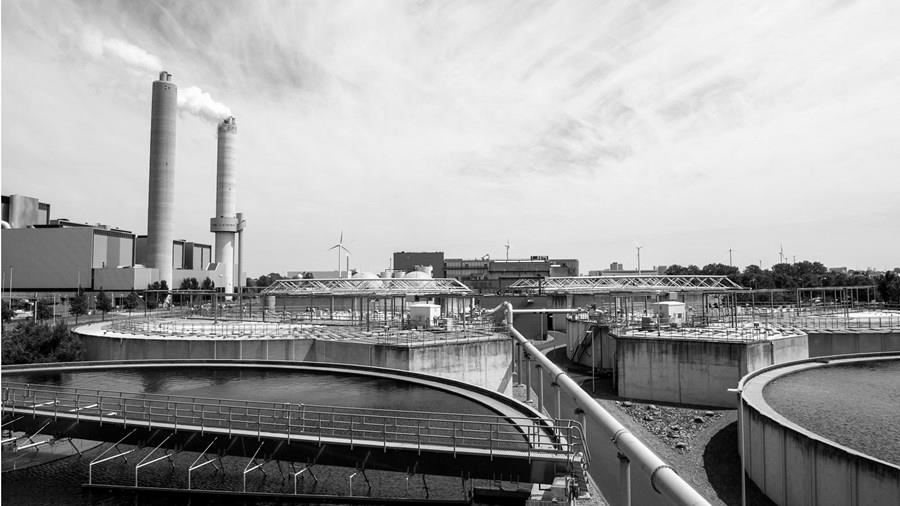FIWARE4Water for an optimal and autonomous WWTP management
The Industry 4.0 era has demonstrated the potential of digital technologies to generate smart solutions and boost the operational decision-making processes in a wide variety of domains, such as manufacturing, agri-food system, and in general considering efficient and sustainable resources management. Following this tendency, the FIWARE4Water project is aimed at the research and development of advanced digital water solutions in order to contribute to the concept of a “Smart Water Society”. To address this challenge, four Demo Cases are working together around the water live cycle management in different critical scenarios.
In particular, the optimization of wastewater treatment operations is covered by the Amsterdam Demo Case of Waternet, which is aimed to reduce emissions and energy demand in WWTP processes, while achieving climate neutrality. To reach these ambitious goals, several tasks are carried out by FIWARE4Water partners (Waternet, KWR and Eurecat) covering different WWTP issues via the research of novel data-driven solutions.

To this end, among other solutions such as Virtual Soft Sensors or Anomaly Detection mechanisms, FIWARE4Water proposes the development of Autonomous Smart Agents able to optimally control the most critical operations carried out in a WWTP through the use of Reinforcement Learning algorithms (a branch of Artificial Intelligence solutions).
These algorithms are based on a computational approach to understand and automate goal-driven learning and decision-making. Moreover, thanks to the integration of Deep Learning models as a knowledge generalization engine, Deep Reinforcement Learning increases its decision-making capabilities making agents able to optimally respond to unknown situations. This extra capability allows Reinforcement Learning agents to operate, even more, as expert humans do by extrapolating knowledge previously acquired to new situations. In this way, the opportunity opens up to operate and manage the large, high dimensional and continuous WWTP complex systems, while autonomously and optimally adapt and react to real-time events, thus increasing resiliency to unknown (or not previously experienced) scenarios.
The aime of this research is to enable an improved level of WWTP operations management, thanks to advanced FIWARE4Water Decision Support Systems, or even end-to-end automation and smart digitalization of the whole wastewater treatment cycle. Thus, it will intelligently contribute to the covering of critical issues such as better water quality, efficient use of resources (energy), pollution reduction or associated costs saving, in such a way that global sustainability aspects are satisfied in compliance with current regulations and future economical, social and environmental needs.
Author : Eurecat
















